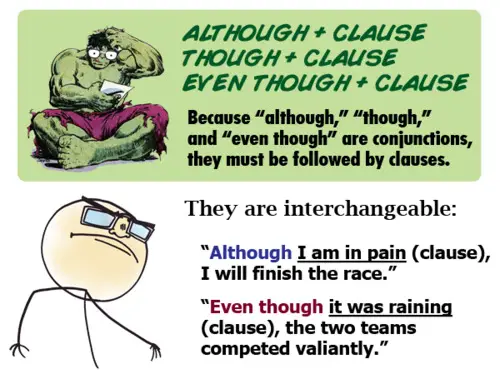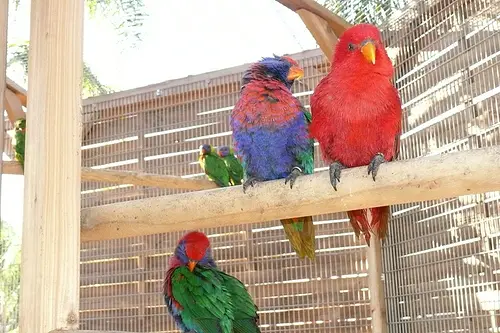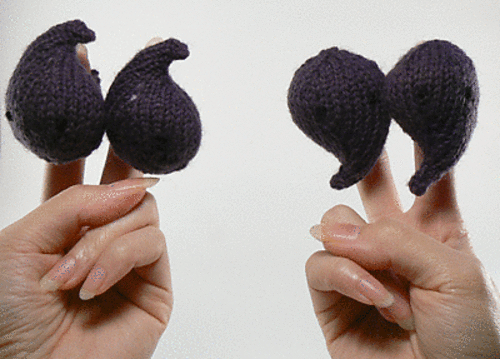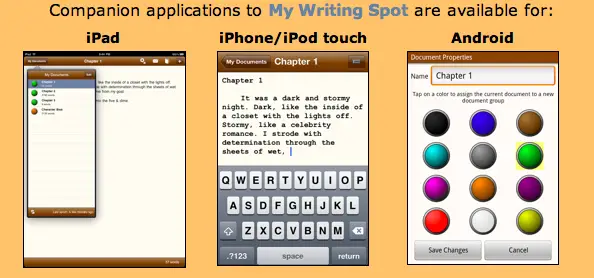March 2012
-
Does a Freelance Writer Have to Understand SEO?
It seems as though the new search engine optimization (SEO) aspect to…
-
Can You Use “Though” to Begin a Sentence?
Though these are common words, questions crop up now and then about…
-
Eschewing the Exotic for the Quotidian
I like experiencing strange, new things. Not too new and too strange,…
-
Quotation Marks and Other Punctuation Marks
The debate on how to use quotation marks has been raging for…
-
My Writing Spot Giveaway
Thank you again to those of you who participated in the previous…
-
Has Technical Writing Stifled Your Creative Side?
It is no secret that technical writing jobs pay well. Many freelance…
-
Build Your Arsenal to Better Promote Your Freelance Writing
Man, it just isn’t easy to be a freelance writer sometimes. Sure,…




